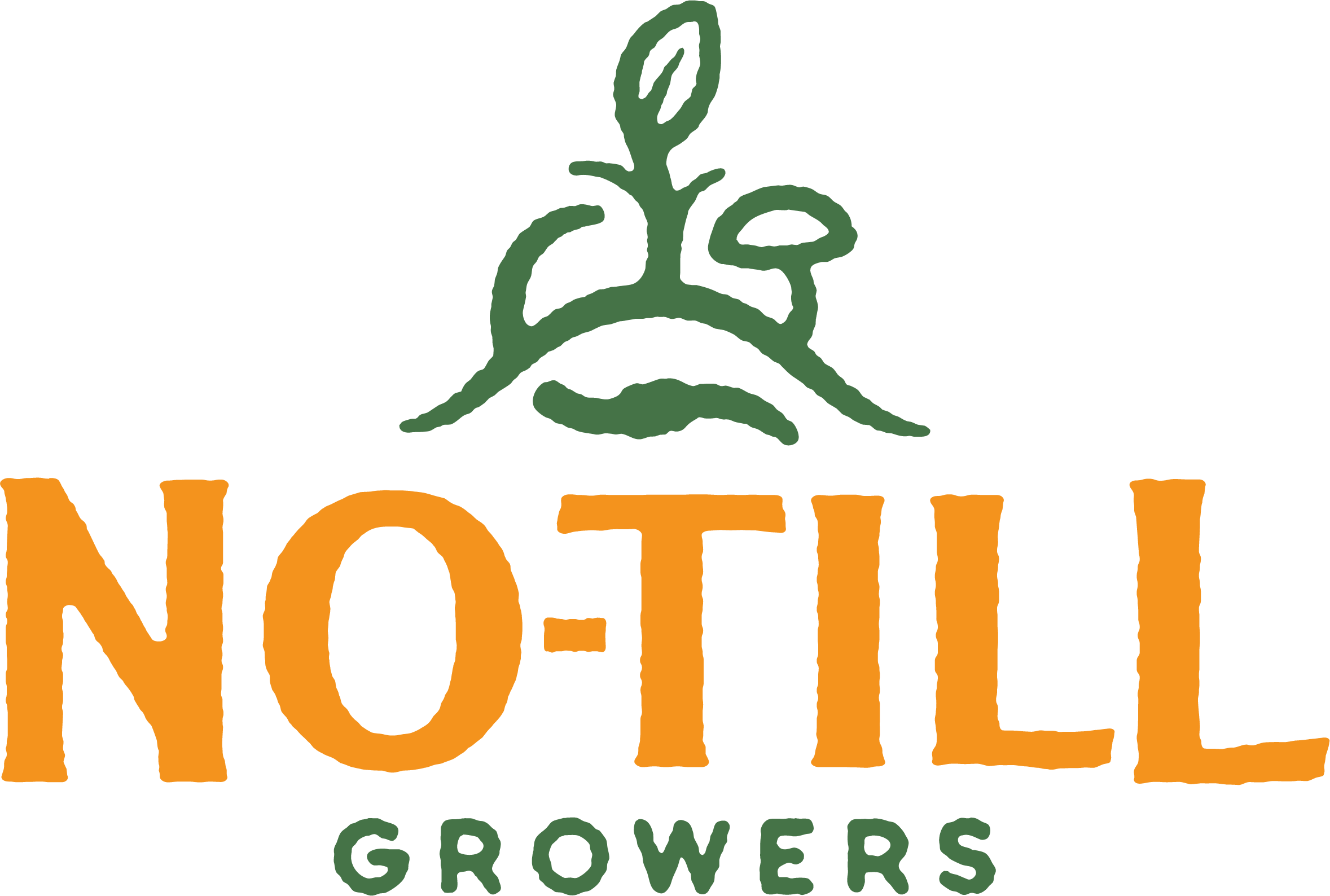Building in BIPOC Reparations
A few weeks back, I had the pleasure of interviewing Tracy Potter-Fins of County Rail Farm in Montana, and one of the (many) big topics we discussed was the idea of weaving reparations work into her farm plan. That is to say, Tracy suggested not just donating time or money or food to indigenous Americans or descendants of enslaved peoples simply when the inspiration—or tragedy—struck. Tracy built that work into her life and farm (minute 47+).
The No-Till Growers team found ourselves deeply inspired by this idea. Many of the practices we highlight and the crops we grow were taken from indigenous and enslaved peoples and cultures. Certainly, we did not invent interplanting, or mulching, or biochar, or agroforestry, or any of it. We at No-Till Growers all farm lands that were stolen from their previous stewards. Speaking personally, my family has been in America since the early days of colonization and I know for a fact that I have enslavers in my heritage. I also know, because of how much of my time is dedicated to finding a diversity of guests for the podcast, just how few BIPOC farm owners there are right now. And that needs to change. So, collectively, we at No-Till Growers, like Tracy, are building reparations into our budget.
Every month we will be donating a percentage of our revenue towards reparations work—towards individuals and organizations who are working to return BIPOC people to the land. (Some who teach about reparations also say that it is not necessarily the responsibility of the individual, but the responsibility of the state to pay reparations, so we will also be occasionally supporting organizations working towards legislative reparations, though our main focus is growing the number of BIPOC farmers… that said, it is a general trait of most farmers not to wait on other folks to do what needs done). Over the next couple years we hope to get that number to 10% of our annual budget, though for transparency sake we are starting at $300 a month (which is closer to 5%), to make sure we can sustain it indefinitely.
Our first contribution, small though it may be, will go out in May. If you have ideas for BIPOC farming individuals or organizations we should support, please fill out the form below or email notillgrowers@gmail.com with your suggestions. We will also post about those whom we support on this blog every month for those who wish to join our work on this important issue and increase the impact.
